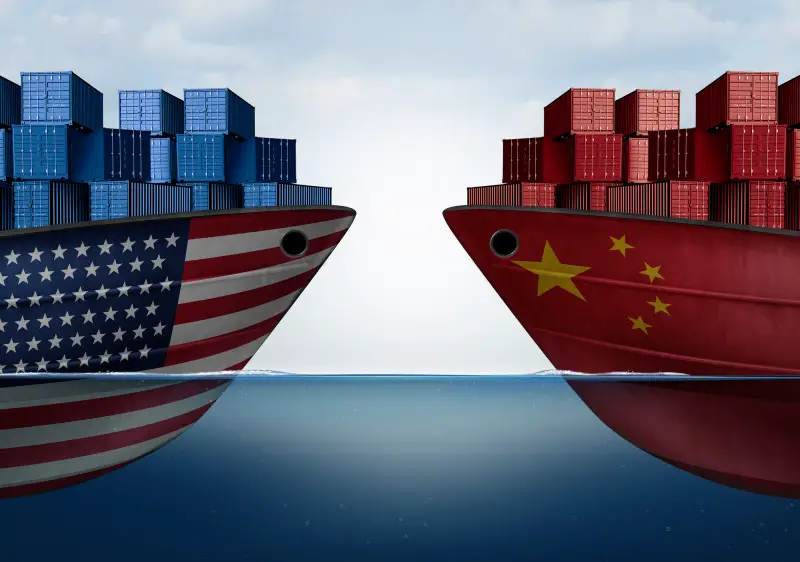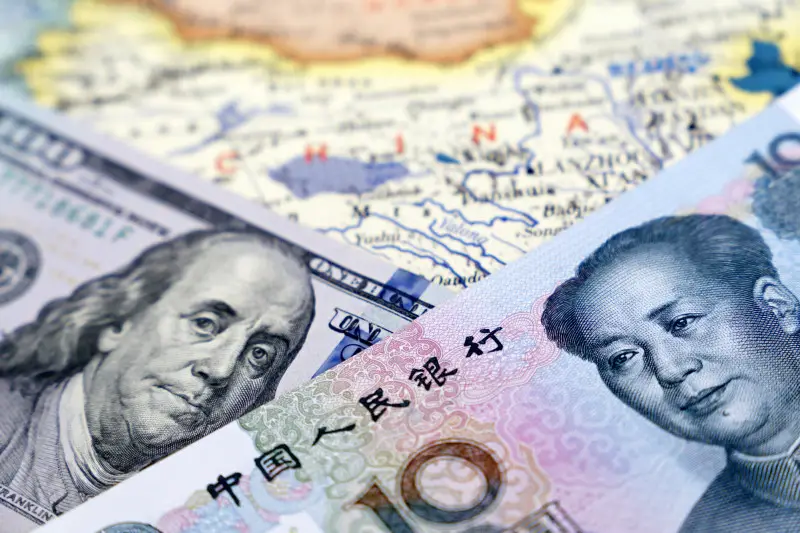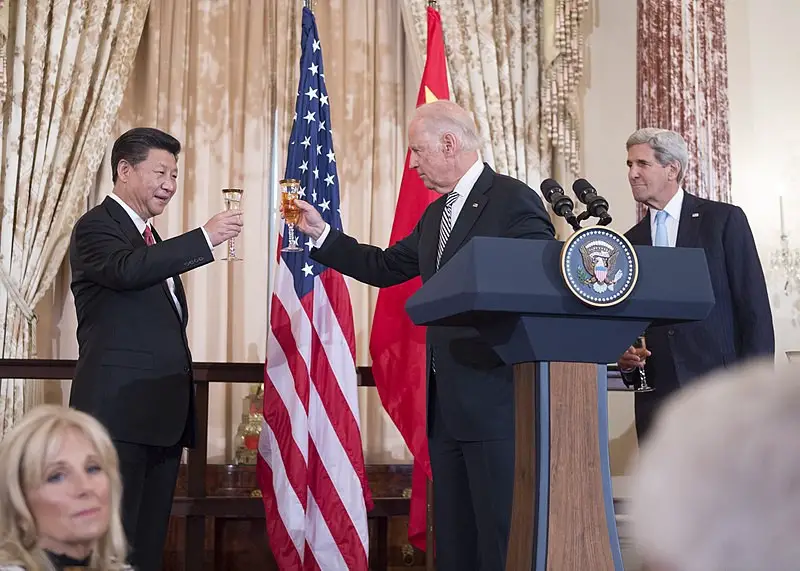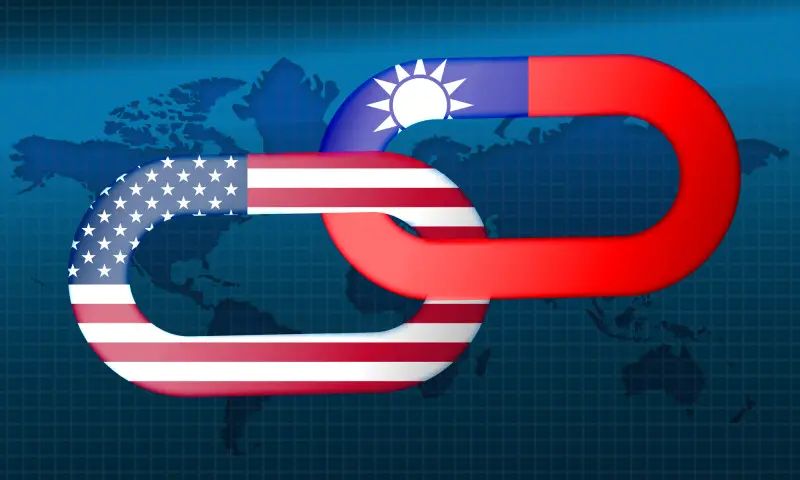The Obama administration had toughened its stance on China. However, tensions between China and the United States escalated, especially on economic and political issues during the Trump era.
Trump strongly opposed China's efforts. Thus, tensions between the two countries increased unprecedentedly. "Trade war", "Washington's support for Hong Kong and Taiwan", "Criticizing the Uighur Muslim camps in Xinjiang" and "Washington's accusation of China over the spread of the coronavirus" were among the factors contributing to the escalation of these tensions.

Even in the last days of Trump’s tenure, Foreign secretary Mike Pompeo accused Beijing of "genocide" and "crimes against humanity." In response, Beijing imposed sanctions on Pompeo and 27 other US officials.
Biden attacked China during his campaign, promising to lead an international campaign to "pressure, isolate, and punish China." But from Beijing's point of view, Biden is a better option than Trump. What will be the relations between China and the United States be like during Biden’s tenure?
Many believe that US-China relations will be the most important global geostrategic issue and an important part of the world's future. On the one hand, China has economic, political, diplomatic, and military influence in different parts of the world and wants to play the role of hegemon in the Asia-Pacific region. Many also believe that China intends to shape the world in the long run in opposition to US values and interests.

Therefore, many consider China a threat to the United States. Under these circumstances, the Chinese authorities preferred Biden to win the 2020 elections. Because Trump had undermined the country's traditional alliances and its international standing, it was dangerous for the future of Beijing-Washington relations.
Biden, on the other hand, has not yet announced a detailed strategy for China, but signs and changes in the structure of US national security personnel indicate that Washington's main focus and priority is to shift from the Middle East to East Asia.

In fact, the view of the Middle East has shrunk and the focus of US policy from the Indian Ocean to the Pacific has become more highlighted. Thus, the US view of China's growing power (policy based on containment or engagement) seems to be at the forefront of US foreign policy and defense strategy.
What is clear is that Biden will be multilateral in his view toward the United States. Biden will work with China on issues such as climate change, non-proliferation and global security needs. China and the United States also have extensive economic and trade ties, and Beijing is ready to improve relations with the United States. Therefore, it seems that at least on economic issues, Biden should deal with China, softer than Trump.
In another dimension, Biden will strengthen US support for multilateral organizations and military alliances with NATO. In fact, in order to counter the Chinese threat, in addition to having an active military presence in the region, the United States should strengthen its commitments to its allies and partners, including Taiwan, Japan, South Korea, Australia and the Philippines.
Biden has called on China to stop trying to put Taiwan under pressure. Beijing, on the other hand, sees many US approaches, particularly in political and diplomatic relations with Taiwan and military presence in the region, as Washington's interference in Beijing.

Moreover, both political parties and think tanks in the United States see China as a serious cross-party threat. The spread of the coronavirus and its effects in the United States have also had a negative effect on public opinion toward China. Therefore, Biden considers a comprehensive foreign policy with patience toward China. So a massive improvement in relations between Washington and Beijing will be difficult and may remain as tense as it was during the Trump era. China, on the other hand, has become more authoritarian at home and more aggressive abroad.
While China views the post-Trump negotiations positively, it appears US interests pose other new challenges in relations with China in various security, geopolitical, political and, economic dimensions.
